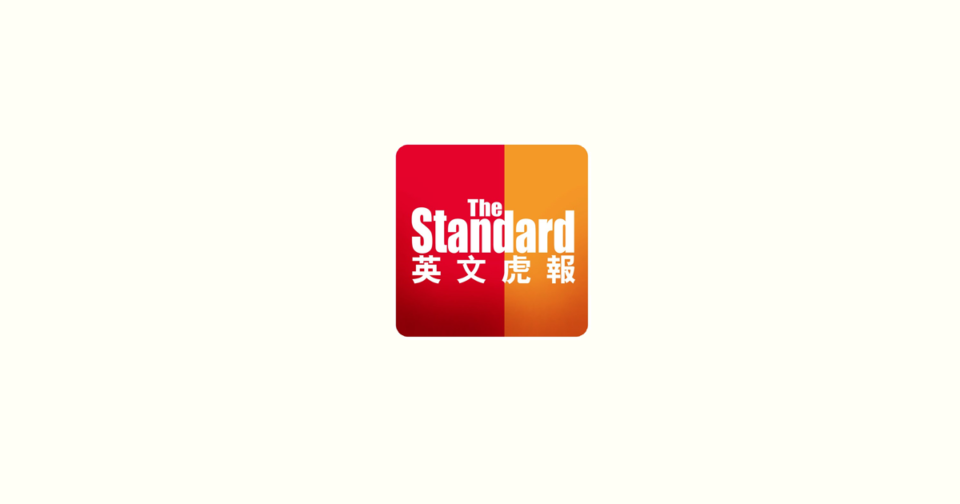When it comes to Chinese real estate, John Lam is a lone wolf.
The UBS analyst shocked markets three years ago with a rare sell rating on China Evergrande Group (3333), 11 months before it defaulted and became the poster child for the property collapse. Now Lam is going against the grain again, forecasting a gradual recovery in a moribund market that most analysts say hasn’t hit bottom.
”After three years of being bearish, we’re turning more positive on the China property sector for the first time due to government aid,” Lam, the head of China and Hong Kong property research at UBS Group, said in Hong Kong.
Lam predicts home demand and supply will return to historical averages sometime next year, and developers with sizable portfolios in 21 major cities will likely see their stocks rebound. He upgraded several companies, including Longfor Group (0960), to buy in January.
And just as he did on Evergrande in 2021, he is combining a deep data dive with his own gut feeling to make the unconventional bet on the Chinese sector.
”It was from instinct that something was just not right,” said Lam, 38, recalling his 10-line report on Evergrande that raised alarm bells about the meltdown that would follow.
Much like his Evergrande call, the rebound bet is a gutsy one. Home sales tanked and prices plunged last month at an even faster annual pace than the previous month, extending a three-year decline.
Bloomberg Economics expects the sector to account for 16 percent of China’s economy by 2026, from a peak of 24 percent before the slump. Some five million jobs will be lost or curtailed along the way.Lam was proven right on Evergrande, downgrading the stock just as the high-flying developer was riding a boom in Chinese real estate. At the time, Evergrande had a market value of about US$47 billion (HK$367 billion), making founder Hui Ka Yan one of the richest men in Asia.
Now, after years of pain, the sector is poised for a slow recovery, says Lam.
While he doesn’t expect sales and prices to rise this year, the declines will ease.
Home sales will likely drop 7 percent by area, he says, down from a record 27 percent tumble in 2022. New starts are likely to fall 7 percent, narrowing from a 39 percent slide in 2022. Prices may slip 10 percent in tier-1 and tier-2 cities.
”Once prices stabilize, we think pent-up demand will come back due to the three-year property price down cycle that has led people to delay purchases,” he said.
Ironically, the key to recovery lies for him in the record defaults. Since most private firms have lost access to funding, many have stopped buying land and building homes, reducing oversupply.
This “destocking” could bring inventories down to a more typical level of 24 months by January, in a bull case scenario, or next December in a bear case, Lam says.
China’s property market is healthier than Japan and Hong Kong during their crises, citing the lower urbanization rate and household leverage, along with strict foreign exchange controls. These combine to empower Beijing to manage its property bubble better than Tokyo did, he said.
China is trying to wield that power. A campaign of redeveloping so-called chengzhongcun, literally “villages in the middle of the city,” is quietly unfolding in 21 mega cities. A sudden jump in low-cost funds that the central bank injected into lenders late last year suggest the push is real, and more cash support could be on the way, Lam said.
”We should expect stabilization in property prices and new starts,” by June 2025, Lam said. “Right now, the biggest debate is the macro question of how homebuyer demand can recover.”
To do that, more support is needed. Lam estimates China’s delayed and suspended residential projects amount to seven million units as of March. The required money is about two trillion yuan (HK$2.15 trillion). “So far the funding coming from the government is probably not enough,” he said.
When it comes to telling winners and losers, Lam looks at which developers shift their model to have more commercial exposure, which generates more recurring rental income and shields a developer from a cyclical drop of housing demand.
BLOOMBERG

